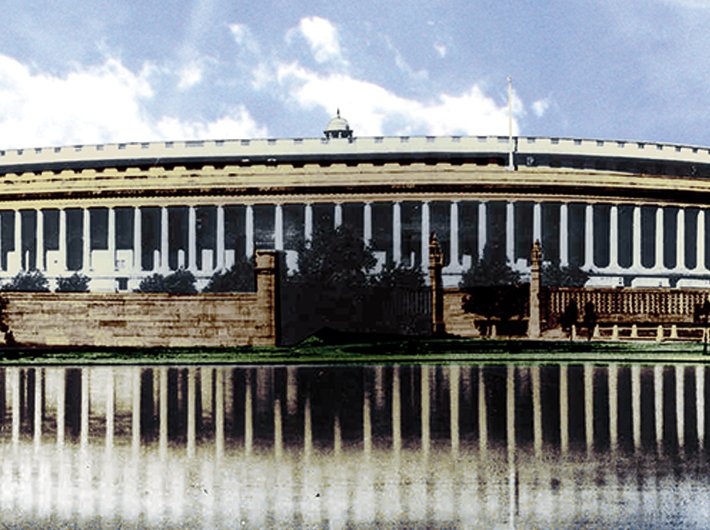To bring good governance on ground, women’s reservation bill should be on top of the agenda
Seventy years of independence and the questions and issues raised have not changed and the most astounding fact is that neither are the answers! So this Good Governance Day (December 25), as a woman I ask what has been done for that huge section of the population that I represent. Had governance been truly effective then there would never be a need to demand reservation for women. The women’s reservation bill or the 108th constitution amendment bill, 2008, proposed to amend the constitution to reserve 33 percent of all seats in the Lok Sabha and all state legislative assemblies for women. The seats were proposed to be reserved in rotation and would have been determined by a draw of lots in a way that a seat would be reserved only once in three consecutive general elections. The Rajya Sabha passed the bill on March 9, 2010, however the Lok Sabha never voted on the bill. It lapsed after the dissolution of the 15th Lok Sabha in 2014.
While the global average for women in parliament stands at 22.4 percent, India is at 103rd place out of 140 countries with a mere 12 percent representation. Within Asia, India is at the 13th position out of 18 countries. Countries like South Sudan and Saudi Arabia have better women representation in parliament than India. Women’s representation in elected bodies – Lok Sabha and state legislative assemblies – is a source of huge disappointment. Women occupy just 66 seats in the 543-member Lok Sabha, which is a mere 12 percent. The scenario for women members of legislative assemblies (MLAs) across all states is even worse, with the national average being a pitiable 9 percent. The best among them, Bihar, Rajasthan and Haryana, have 14% representation, while the worst are Puducherry and Nagaland, which have no women MLAs at all.
In 1993, a constitution amendment bill was passed that called for a random one-third of a village council leader or pradhan positions in gram panchayats to be reserved for women. There was a long-term plan to extend this reservation to parliament and legislative assemblies. Opponents consider such preferential treatment of women as discrimination. This is the same country that has had women in various positions of power including as prime minister, president, party leaders, state chief ministers, and speaker. We as a country have had voting rights for women much before the leading nations opened up to the concept of universal suffrage.
The question is: if 33 percent reservation for women has not been able to make the mark, will 50 percent make a difference? Reservation for women should not be such a redundant issue that raises a grin every time at the mention of it. The recent elections in Gujarat are a testimony to the growing decline of women’s representation in state assemblies. It has less than 8 percent women among 182 members! The current dispensation in its election manifesto had claimed that it will prioritise the women's reservation bill and we are still waiting for it to see the light of the day.
Eventually we are talking about women getting their rights. Gender equality is prevalent supposedly in bits and pieces and in certain sections, yet how much of its attendance is on the ground? The words of Kofi Annan rings so true when he said, “Gender equality is more than a goal in itself. It is a precondition for meeting the challenge of reducing poverty, promoting sustainable development and building good governance.” This Good Governance Day the 48% of India’s population – the women – need to question why voices heard are still not heard in the upper echelons of power.
Bhardwaj is a programme officer at Public Affairs Centre, a Bengaluru based think tank.
